Placing Blame for Climate Change
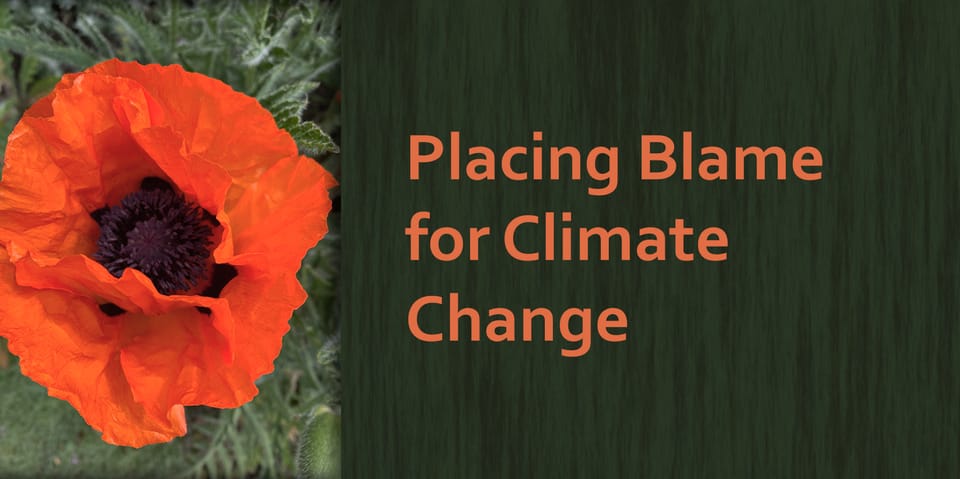
It’s a book with heart, a book set in the here and now, a book that inspires climate action. Troubled Waters by Mary Annaïse Heglar is also a novel that raises a troubling question: who do you blame for the climate crisis?

Before Heglar confronts you with that question, you dive into a compelling environmental justice story about a young black woman grappling with the sudden death of her brother. He died working on an oil barge that moves crude down the Mississippi River. Blaming the oil companies, she immerses herself in the issue of climate change and gets pulled into plans for a nonviolent action—hanging a banner on a Mississippi River bridge to stop the barge traffic she loathes. This sets up a powerful clash with her loving, but overprotective, grandmother who can’t bear the thought of losing another grandchild.
Heglar endows her characters with warmth, passion, and deep wounds wrought from the racial prejudice they have encountered. The author’s family history shaped their struggles. Heglar’s grandparents resisted the segregation of the 1950s by sending their young children to a whites-only school in Nashville. That history helped Heglar understand the scars this kind of racism could leave. It also allowed her to raise the question: who is to blame for the climate crisis?
The characters in Heglar’s story blame the white folks, and you can’t argue with that. A 2021 New York Times article states that only 23 rich, and mostly white, countries are responsible for “50 percent of all the planet-warming greenhouse gases released from fossil fuels and industry over the past 170 years.” Starting with the industrial revolution of the 18th century, Western colonial powers had free rein to pump out more and more emissions, becoming more and more prosperous. As part of that privileged group, I have to say, yes, it’s on us.

Still, is it all white folks? Or is it only some white folks? I broke ground in the 1970s doing non-traditional jobs—and was subjected to shattering forms of prejudice as a female in a male world. I could easily point the finger of blame at men, at least those who have been in charge. They built this climate-destroying system of ours as they scrambled for riches. It’s on them.
Of course, maybe it’s not gender-based. Perhaps it’s just the rich. Not only do the wealthy consume more through their private jets, large homes, and luxury living, but a report put out by the nonprofit Oxfam in 2022 found that the investments of just 125 billionaires produced emissions that were “a million times higher than the average for people living in the bottom 90 percent,” so it’s not difficult to blame those with money.

Perhaps the easiest party to point the finger at, though, is the corporate one. Presently fossil fuel companies are making record profits from their climate destroying products. Since it will cost money to repair the climate damage that’s being created, it only seems fair that these corporations use some of that profit to deploy greener technologies and invest in research to steer humanity toward a more viable lifestyle. Whether from lawsuits, laws, customers, or investor pressure, fossil fuel corporations need to be pushed to do this because they can’t escape the blame.
There is one more viewpoint to consider when discussing the question of blame. If you step back and look at it from the perspective of all the less powerful species on our planet—mammals, plants, fish, insects, birds—I know who they might blame. It would be the whole human race, beginning from when we first learned to use fire and other tools, and began to chop down the trees. Razing forests for heat, farming, and shelter not only destroyed ecosystems but began to alter the delicate balance of gases that make our atmosphere habitable. A study from Arizona State University showed that the collapse of the Mayan civilization occurred during rapid deforestation for agriculture, enhancing drought. Other studies suggest this may have happened in ancient Africa and the Mediterranean as well. According to some estimates, the world has lost one-third of our forests over the last 10,000 years, half of that in the last century as we grow in population and increase our demands for more of everything.

So, who is guilty? Is it the whites? The men? The rich? Corporations? Our human desire for more? Placing blame can help with assessing monetary levies for climate repair or help push those most responsible to clean up their emissions. It may also pinpoint where to start to change our faulty systems. Still, we may find that placing blame is not the most important focus when trying to mend things.
No matter who is to blame, we need to work together to fix this crisis as best we can. That partly will hinge on our ability to understand distinct perspectives so we can overcome our differences. Can you put yourself in the place of an Orca mother who is starving and can’t feed her baby because we are reducing the salmon stocks she needs to survive by warming spawning habitat and overfishing? Can you connect with the anxiety of a Pacific Islander who fears sea level rise will obliterate their entire country? Can you ache for poor children who grow up next to a polluting refinery stack and gasp for breath from asthma?

Storytelling can help us do that, and that’s why I recommend Troubled Waters. As you sink into the novel, you glimpse what it’s like to live in the Black world of the American South, one of many communities across the globe asking for a just transition to a more sustainable way of living on our blue-green Earth.
And if you fall into any of these powerful groups—male, white, rich, corporate, human—and you accept responsibility for your contribution to emissions, get out there and do something.

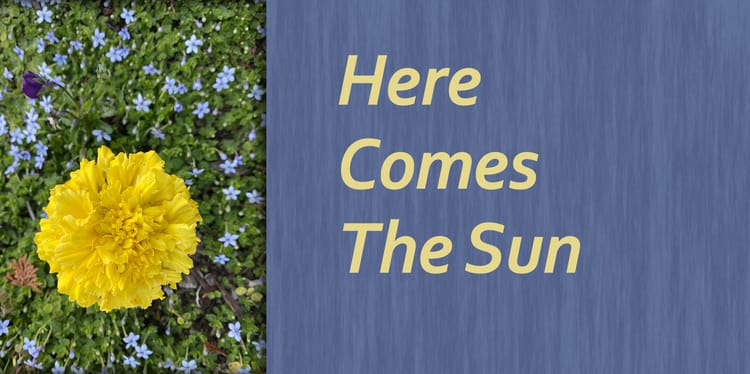
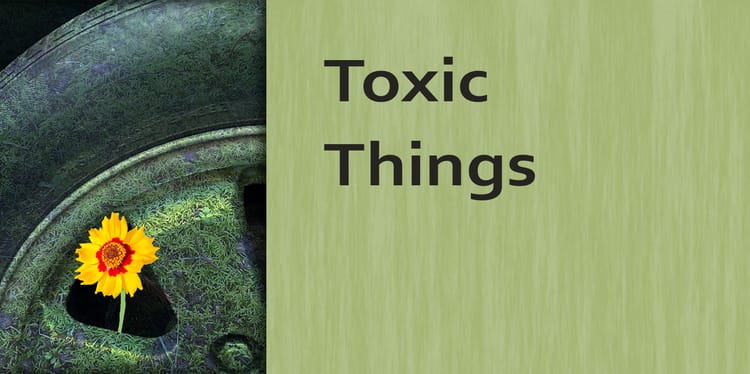
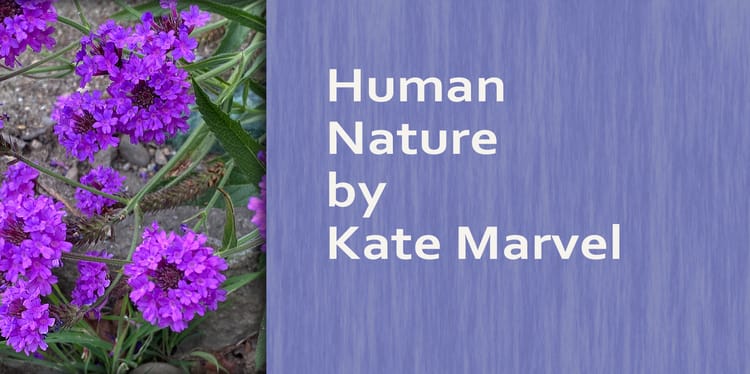
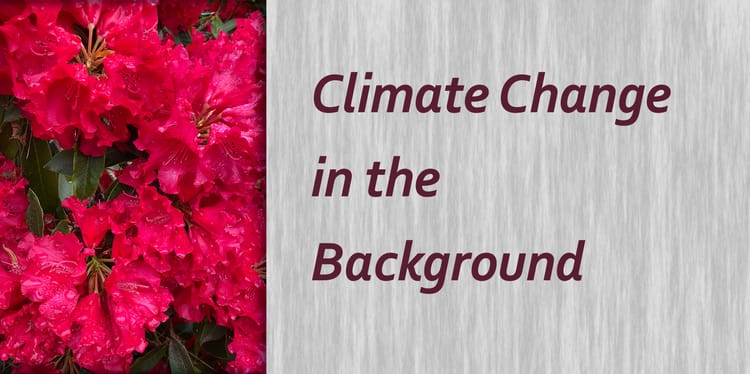
Member discussion